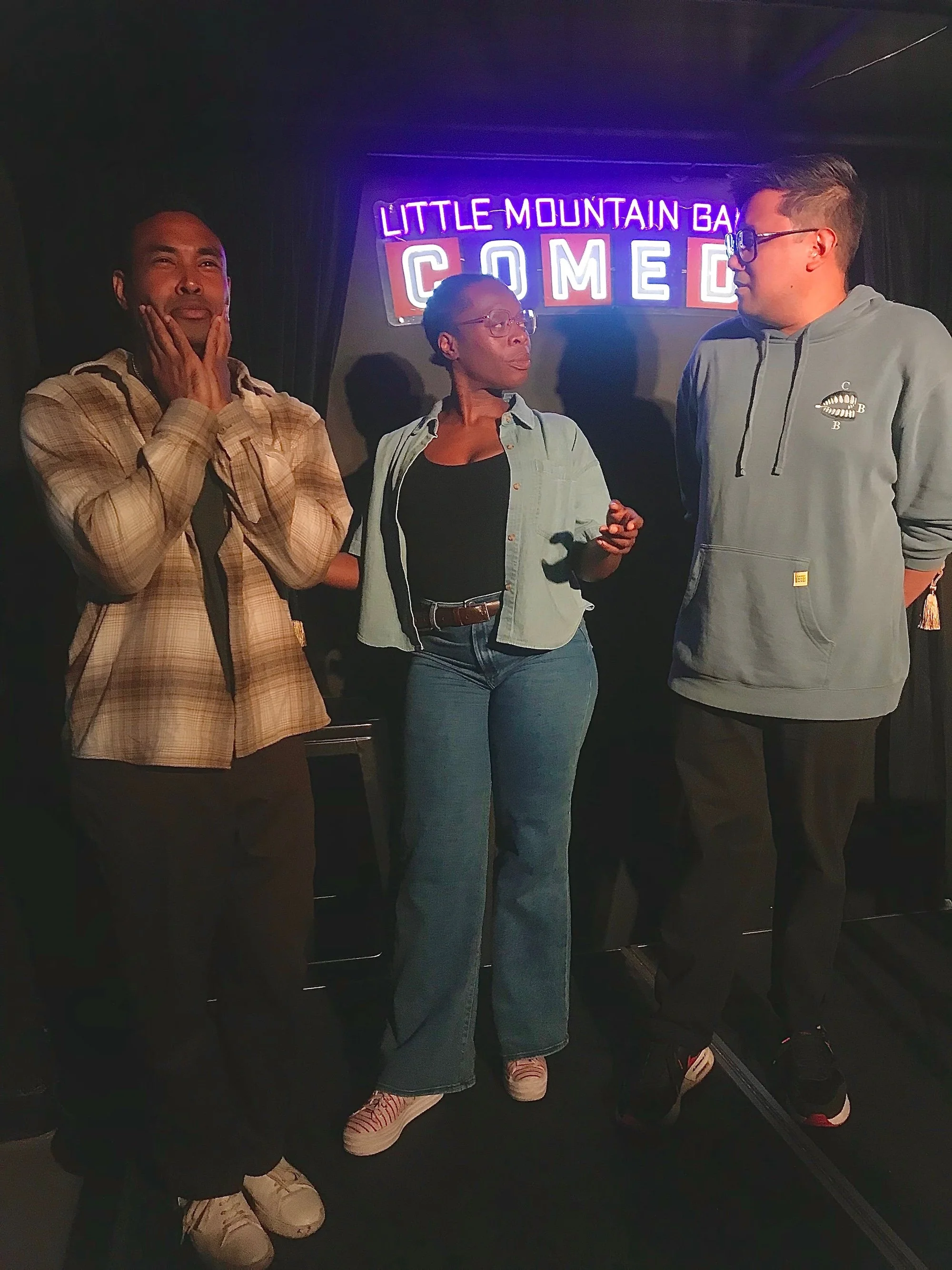Review: The Lobster
/There are movies, and then there are movies. Features so inventive and uncanny that they send you for a complete spin, unable to move on without rethinking your approach. The Lobster (2015) was one of those movies. Directed by Yorgos Lanthimos, whose roster includes Dogtooth and Alps (which are both must-sees, in my opinion), this film was previously screened during last year’s VIFF and was an immediate favourite. The film navigates through a strange dystopia, where finding a romantic partner is the epitome of existence, and all who fail to find love are captured and turned into animals. If a spouse dies, or if you reach maturity without ever pairing up, you are taken to The Hotel, where you might mingle and connect with another loner, but your opportunity to do so is limited to a certain number of days.
The world of the film is full of rules, prescribed by society at large and imposed by Hotel management and public law enforcement. If you are caught alone, you risk transformation. Colin Farrell is David, a recently single man with modest hope for a new partner, already settled on turning into a lobster if things don’t work out. We watch as he navigates the rigid schedule of The Hotel and then later the equally strict wilderness, where survival tactics are flipped on their head and staying an individual is prized over entering a coupling. Rachel Weisz is his eventual companion, playing her role with immense skill and sincerity. The cast also boasts Léa Seydoux as forceful leader to the outsiders, Olivia Coleman as the Hotel manager, and Ben Wishaw as former friend turned rival, amongst a collection of similarly talented names.
Poster from Lanthimos' The Lobster
Lanthimos’ feature was indeed a comedy, but a dark one. The screening I attended was ripping with laughter at most every turn, but the more sinister elements of the film could quickly muffle or even silence each attendee. That, I think, is what I found so engaging and inventive. The general silliness of the film could be punctured at any moment by a horrific image or startling revelation. The film sneaks up on you, lulling you into a sense of security through bits of harmless fun, then kicking you in the gut with a terribly visceral image. One moment we are laughing at a forced conversation between Hotel guests, the next we watch as an animal’s bloody remains are left to crumple on the carpeted floor.
At first the Hotel staff seem willing to help and make comfortable adjustments, but quickly we learn that they will dole out punishment to loners with unflinching expression. Each shock and upset works to establish and later on remind us of how high the stakes really are in this world of rules and regulations. There is no mercy for those who do not follow the guidelines. And yet, the characters do not feel like complete victims. They know what they need in order to maneuver through the system and perhaps even thrive. David, our guide through the strangeness, is a particularly sensitive subject. He learns the rules and then subsequently how to manipulate them so as to gain what he had initially hoped for; lasting connection.
I was completely engaged for the entirety of the film, because of this tension between pleasant absurdity and threatening perversion. The subtleties of two people building a kinship were explored with great care, and I was rooting for them the whole time. And though the cinematic reality of The Lobster was sometimes unforgiving, it still managed to expose the intricacies and tiny moments which fold together into meaningful relationship.
The Lobster played at JFL NorthWest, Vancouver's own comedy festival. For more information, visit jflnorthwest.com.






